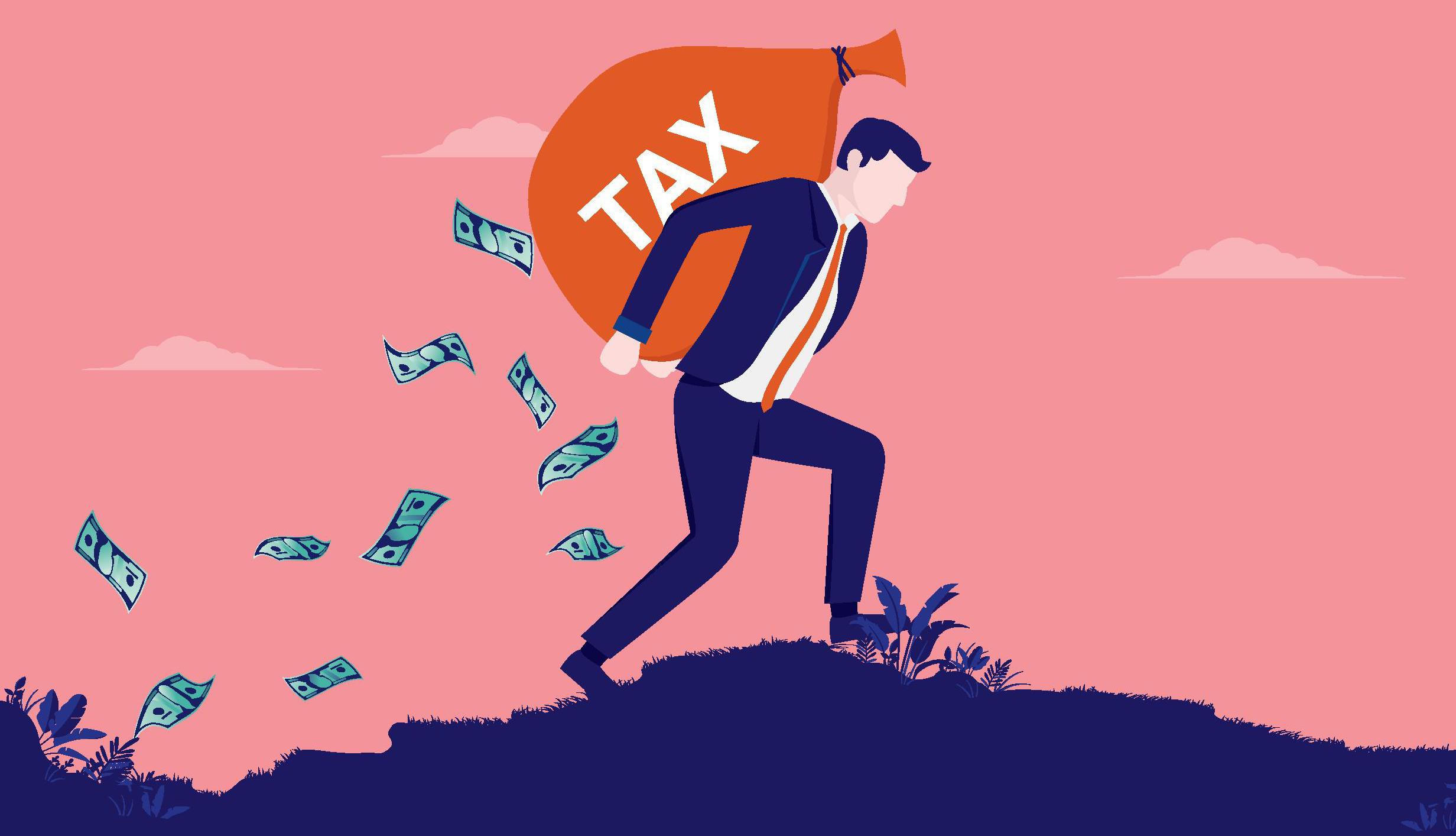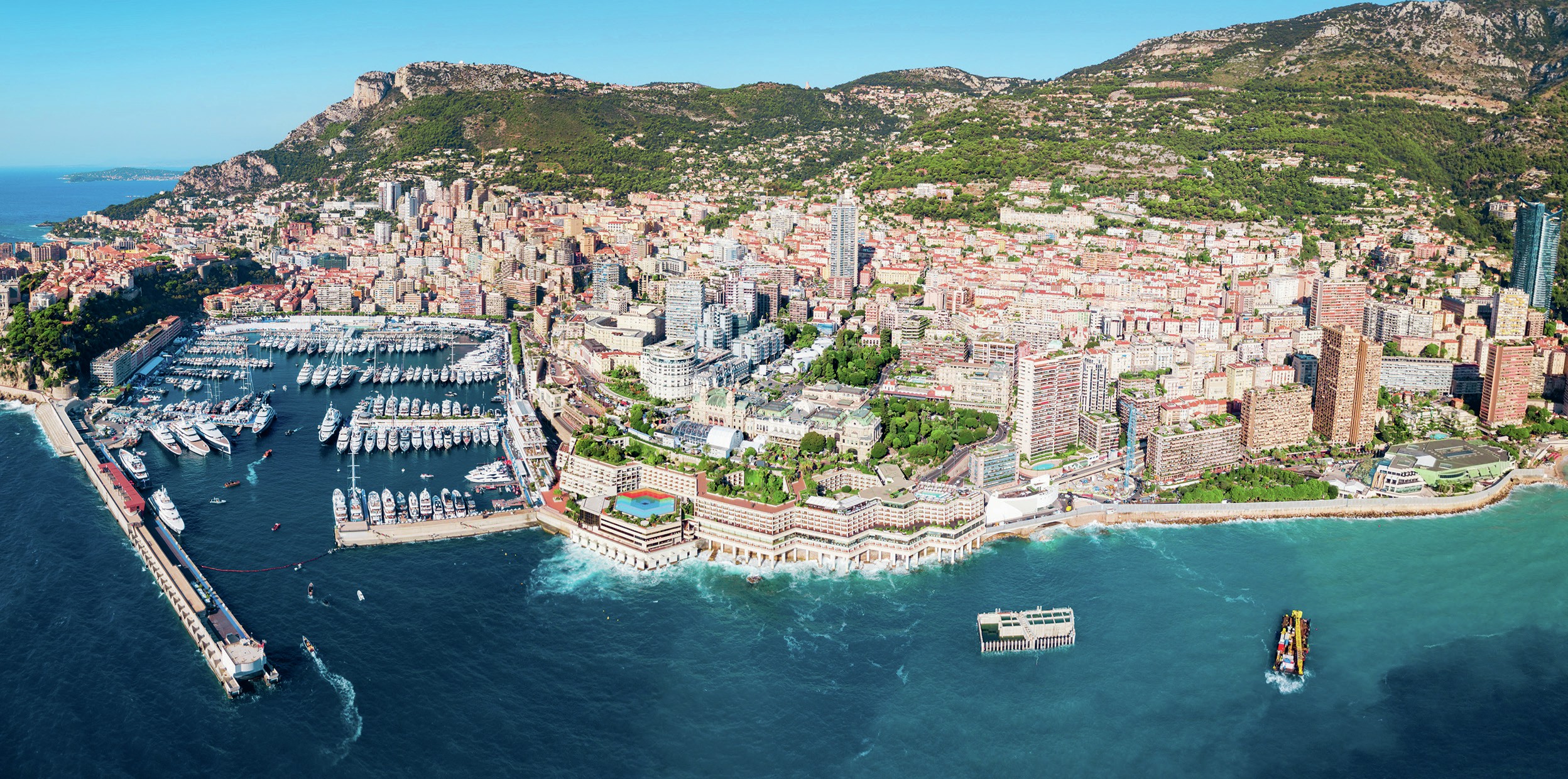Tax havens
The beginning of the end?
Tax havens don’t always meet the stereotype of a tropical island full of billionaires. Helen Paul explains more

Governments compete against one another to attract businesses and high-earning individuals. One way to do this is by cutting taxes, and countries that reduce their taxes to incredibly low levels are termed tax havens. They are associated with tax planning (legitimate tax avoidance) but are often accused of facilitating illegal tax evasion as well.
The stereotypical tax haven is a tropical island, but in reality, they can appear in many different forms. Indeed, Ireland is often seen as a tax haven as it offers attractive tax rates for corporations.
The Covid-19 shock may force governments to tackle tax avoidance as they struggle to raise revenue to cover increased spending. Brexit may produce negative consequences for tax havens linked to the UK. When the UK left the European Union (EU), it was no longer able to lobby the European Parliament on tax issues.
SPECIFICATION LINKS
tax, competition, inequality
Tax competition
Economic theorists who advocate smaller government sectors dislike taxation. They argue that the government misallocates resources, contributing to an inefficient and bloated public sector. Instead, they are usually in favour of reducing the benefits system as far as possible and allowing the market mechanism to work largely unhindered.
One way in which the market can reduce tax rates is by international competition. Governments may want to raise taxes for a variety of reasons, including issues of fairness and redistribution. However, they are constrained by capital and labour mobility — private citizens can move abroad, and corporations can relocate. Tax competition refers to national governments cutting tax rates in order to attract highwealth individuals or businesses to their countries.
Advocates claim that this system ensures that a government cannot exploit its taxpayers and waste resources. While critics state that it encourages a ‘race to the bottom’ as governments are forced to cut taxes and spending as they compete with one another. It also allows ‘freeriding’ by individuals and companies who benefit from a particular country’s economy but refuse to contribute to it.
Legitimate tax avoidance
There are two main ways by which high net-worth individuals can legitimately avoid taxation. They can move their resources abroad, usually to a tax haven, or they can relocate to a low-tax country by becoming a tax exile. Popular locations for both types of tax avoidance include Monaco, Switzerland, the Channel Islands, the Bahamas, and Bermuda. These are jurisdictions with particularly low rates of income and corporation tax. For instance, Monaco’s residents do not pay income tax unless they are French nationals.
However, tax exiles can also move from a high taxation country to a country with medium level tax rates. In the 1970s, the top rate of income tax in the UK was 83%. It was worthwhile for high earners to move, even to other developed countries such as Australia and the USA. These countries are not known for having exceptionally low tax regimes, but they were more favourable than Britain at the time. Margaret Thatcher’s government reduced the highest income tax rate to 60% and this encouraged some tax exiles to move back.
The problem with high taxes
Some degree of tax competition may be healthy. Tax rates of 83% are so high that they will have distortionary effects. High earners will be discouraged from keeping their assets in the country or they may be discouraged from working. This is illustrated by the Laffer curve. In theory, as tax rates increase so should tax revenue. Eventually, tax rates will rise so high that total tax revenue will fall.
Why is this? It is due to increased tax avoidance or to a decrease in the activity being taxed. A tax on earnings could lead to people substituting leisure for work. Economists argue about whether the Laffer curve exists in practice, and if so, where the all-important turning point is. Anecdotal evidence would suggest that 83% was too high for top-rate taxpayers, particularly as they had the assets and human capital to be able to move abroad. Many countries are willing to accept high net-worth individuals, such as famous actors or entrepreneurs. Too high a tax can lead to a brain drain. It does reduce inequality within the country, but it encourages the wealthy to go elsewhere.

Corporations and tax competition
Corporations, especially multinational companies, are particularly adept at exploiting tax competition. They shop around for the best places to locate in order to take advantage of lower tax rates. However, this can mean that they are freeriding on the resources of one country and paying taxes in another. Recently, campaigning groups have accused companies such as Starbucks, Google and Amazon of underpaying their taxes. They have used perfectly legal methods of ‘tax planning’ by exploiting loopholes in the system. According to a BBC report, Starbucks had £400 million in sales in the UK in 2012 but paid no corporation tax. Instead it had transferred money to a Dutch sister company as royalty payments and paid high interest rates on loans from other parts of its own business.
The public and politicians are beginning to take more notice of ‘tax planning’ as a means of tax avoidance. Recent major scandals helped to focus attention on the scale of the problem. In 2014, the LuxLeaks (or #Openlux) scandal detailed how Luxembourg was helping firms to avoid paying tax. Then the Panama Papers, which were hacked from a law firm called Mossack Fonseca, were released by an anonymous source in 2016. They detail numerous illegal activities, including fraud and tax evasion. Mossack Fonseca registered thousands of shell companies, which existed only on paper. Assets can be hidden by transferring them to a shell company in a tax haven. As many of these tax havens are islands, it is common to use the phrase ‘off-shore’ or ‘offshoring’ to describe moving assets out of the reach of tax authorities.
Where are the tax havens?
A tax haven is any jurisdiction with a very low rate of tax. The stereotypical haven is a small island nation which is largely reliant on its financial sector. It offers its clientele low tax rates combined with privacy, as well as facilitating legal tax planning activities, even if they are morally questionable. It may also assist in money laundering and illegal tax avoidance.
The International Consortium of Investigative Journalists (ICIJ) has listed the countries that house the most shell companies. The top ten locations include the British Virgin Islands, the Bahamas, the Seychelles, Niue and British Anguilla. All of these locations fit the standard image of an offshore tax haven. The Tax Justice Network maintains a list of the top corporate tax havens. Its 2021 Corporate Tax Haven Index (CTHI) lists the British Virgin Islands in first place, followed by the Cayman Islands and Bermuda. Again, they fit the classic image of a paradise island tax haven. However, the CTHI also has the Netherlands in fourth place and Ireland in tenth place. The UK is thirteenth.
A number of tax havens are microstates, but not necessarily islands. A microstate has a very small geographic area or a very small population, or both. They are often associated with tax competition, as their financial services sector is the biggest source of their revenue. Monaco is a very well-known example, but there are others such as San Marino, Luxembourg, Andorra, Liechtenstein and Malta. Although all of these European microstates make some money from tourism, they are listed as corporate tax havens in the CTHI (2021). They join other microstates, such as Singapore, as well as various geographic entities called British Overseas Territories and Crown Dependencies.
These entities can also be small, with little in the way of natural resources and industry. Hence, they are also largely dependent on their financial services sector. British Overseas Territories include Gibraltar, Bermuda, the Cayman Islands, and the British Virgin Islands. Crown Dependencies are self-governing possessions of the Crown. They are the Bailiwicks of Guernsey and Jersey, which cover the Channel Islands, and the Isle of Man. They were not part of the European Union, even when the UK was. This allowed the Crown Dependencies a great deal of latitude over the creation of legislation and taxation regimes. The top three corporate tax havens, according to the CTHI (2021), are all British Overseas Territories. The eighth most important is a Crown Dependency.

Brexit and Covid-19
Brexit and Covid-19 may together have a serious impact on tax havens. The economic shock caused by Covid-19, and the associated huge increases in government spending on healthcare and benefits, mean that governments are desperate to raise tax revenues. An obvious way to do this is to clamp down on tax evasion. However, tax competition has made it difficult for countries to agree. Each country has had an incentive to try and lower its tax rates and encourage inward investment. The Covid-19 shock may be severe enough to force countries to cooperate with one another — the EU had already begun to target what it calls ‘aggressive tax planning’.
Oxfam has been critical of EU efforts, claiming that they do not go far enough. However, in February 2021, the charity praised new EU rules on corporate tax transparency. Oxfam estimates that corporate tax abuse costs governments $245 billion in lost tax revenue annually (and this is a conservative estimate). Lowerincome countries’ tax losses are equivalent to over half of their combined public health budgets, according to the charity. It is concerned that Covid-19 bailouts are going to corporate tax avoiders. (It also points out that Europe’s 305 billionaires have seen their wealth grow by nearly €500 billion during the Covid-19 crisis.)
Oxfam argues that the EU should tackle its own members on this issue. Since 2017, the EU has had a tax havens blacklist, but the charity wants EU members like Cyprus, Ireland, Luxembourg, Malta and the Netherlands added to it. Before Brexit, the UK was able to lobby on behalf of British Overseas Territories and Crown Dependencies. Now, it cannot and in January 2021, the European Parliament voted to add the British Virgin Islands, Jersey and Guernsey to the blacklist.
The increase in global inequality caused by Covid-19 has focused more political attention on these issues. Tax havens like Luxembourg and the Cayman Islands are likely to come under more pressure to reform. Indeed, in the USA, the Biden administration has vowed to tackle global tax avoidance and the Organisation for Economic Co-operation and Development (OECD) has launched a new initiative with over 135 countries to deal with unfair corporate tax-planning schemes. This may be the beginning of the end for tax havens, and particularly difficult for those microstates and islands which are dominated by their financial sectors.
Conclusion
Tax havens are in the news, partly due to scandals involving leaked documents and the economic problems caused by Covid-19. The US government, the EU and the OECD have all pledged to tackle tax avoidance and aggressive tax planning. For British Overseas Territories and Crown Dependencies, Brexit means that the UK cannot lobby the EU on their behalf. Tax havens are beginning to look vulnerable, especially those linked to the UK.
KEY POINTS
1 A tax haven is a place (normally a country) that has very low levels of tax.
2 They offer legal tax avoidance loopholes but are also accused of facilitating illegal tax evasion.
3 Governments may reduce their tax rates to encourage competition and attract firms and high-wealth individuals. High taxes can have the opposite effect leading to a ‘brain drain’.
4 But governments also need to raise revenue from taxes and tax loopholes for the wealthy, and big businesses can be very unpopular with the public.
5 Many island tax havens have limited resources or industry, so rely on their financial sectors.
6 Brexit and Covid-19 may change the future of tax havens as governments need to raise money to pay for higher government spending.
7 The charity Oxfam has called for stricter regulations to clamp down and this is already beginning in some parts of the world.





